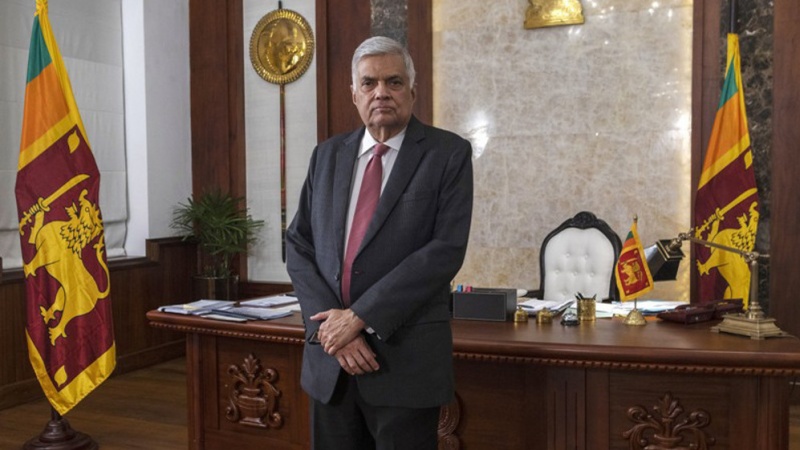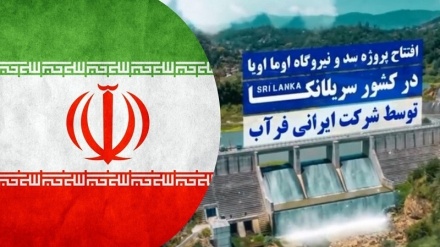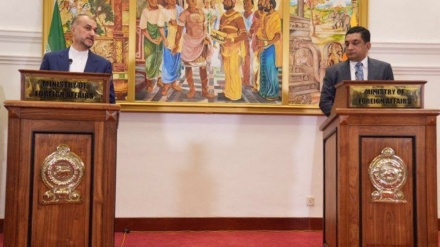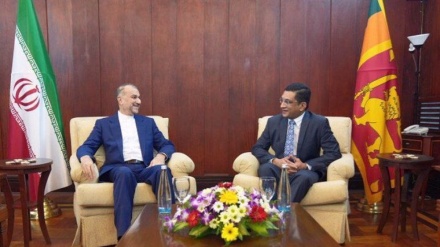Sri Lanka parliament elects 6-time Prime Minister Wickremesinghe as president
Sri Lankan legislators have elected six-time Prime Minister Ranil Wickremesinghe as president of the crisis-hit island country, days after runaway president Gotabaya Rajapaksa resigned from abroad.
The South Asian country, home to 22 million people, is struggling with its worst economic crisis since independence in 1948 amid a severe foreign exchange shortage that has limited essential imports of fuel, food, and medicine.
Mass protests over crushing economic woes eventually forced Rajapaksa to flee the country to the Maldives and then to Singapore, where he tendered his overdue resignation in a letter sent by email to the parliament on Thursday. Since then, Wickremesinghe served as acting president.
On Wednesday, Sri Lankan lawmakers entered ballot booths to elect the next president, with official results showing that 73-year-old Wickremesinghe secured 134 votes, an absolute majority in the 225-member parliament.
Previous elections were purportedly marred by allegations of corruption and vote-buying, and mobile phones were banned to prevent anyone from taking photos of the ballots.
“Our divisions are now over,” Wickremesinghe said in a brief acceptance speech in the heavily-guarded parliament, urging his defeated rivals “to join me and work together to bring the country out of the crisis we are facing.”
Wickremesinghe, who has already pledged to crack down hard if protesters take to the streets, has now a highly bumpy road ahead to save an economically bankrupt nation from further free fall as soaring inflation, at a record 54.6 percent in June and expected to hit 70 percent in the coming months, has heaped hardship on the population.
Sri Lankan leaders have for months been seeking a $3-billion bailout from the US-dominated International Monetary Fund (IMF) and a restructuring of some foreign debt, but that bid has gone unanswered.
Discontent worsened in weeks leading to Rajapaksa’s resignation as the cash-strapped country stopped receiving fuel shipments, forcing school closures and the rationing of petrol and diesel for essential services, with desperate people enduring severe shortages of food, fuel, and medicine.
Wickremesinghe, who is likely to be sworn in on Thursday, is also likely to appoint his school-mate Dinesh Gunawardena, a strong ally of the once-powerful Rajapaksa clan, as prime minister.
As acting president, Wickremesinghe extended a state of emergency that gives police and security forces sweeping powers.
SS



